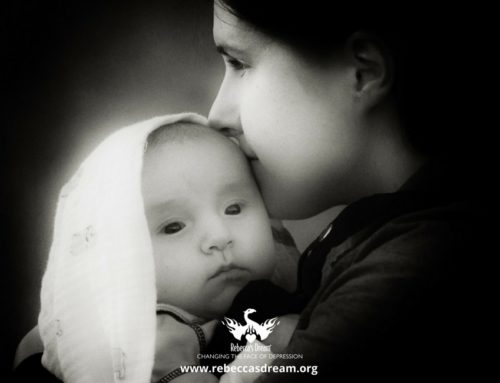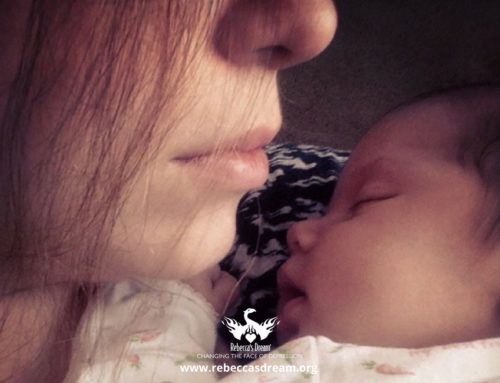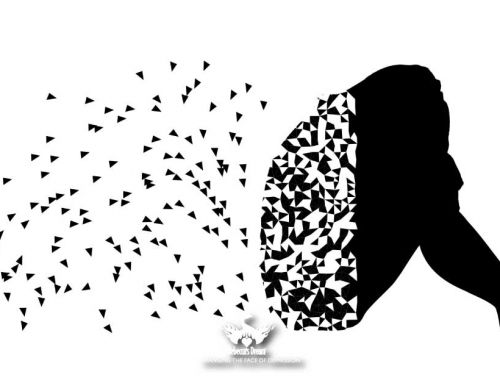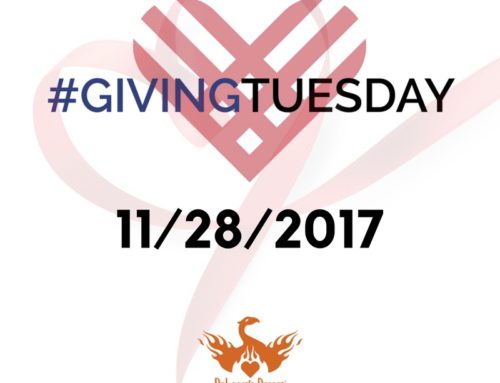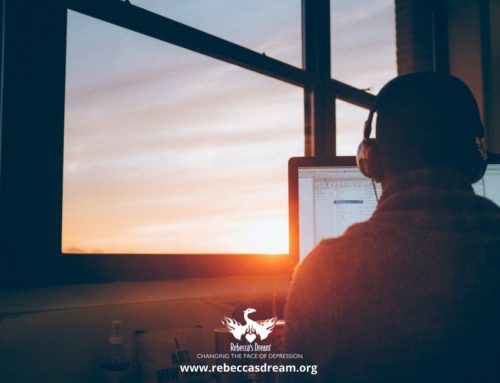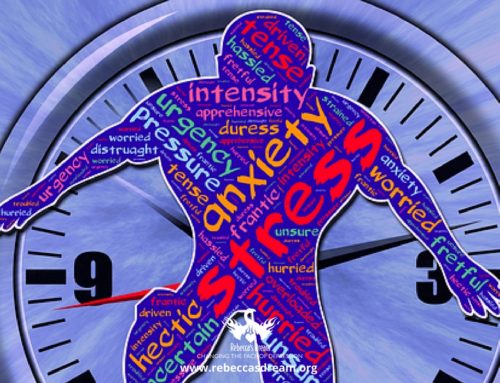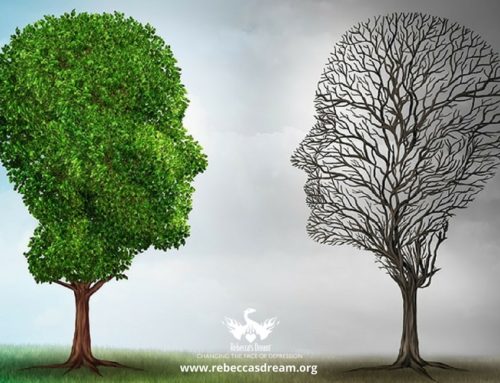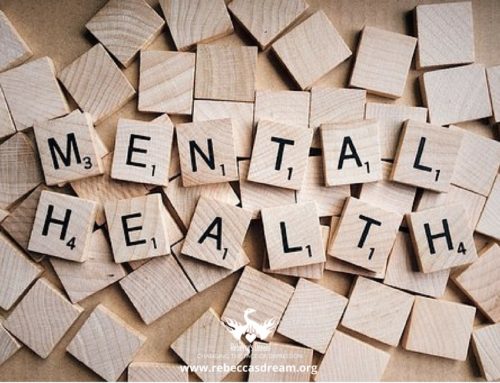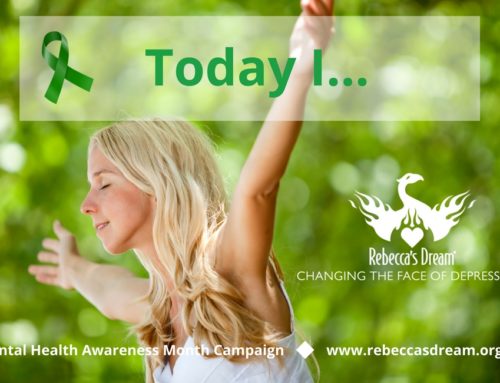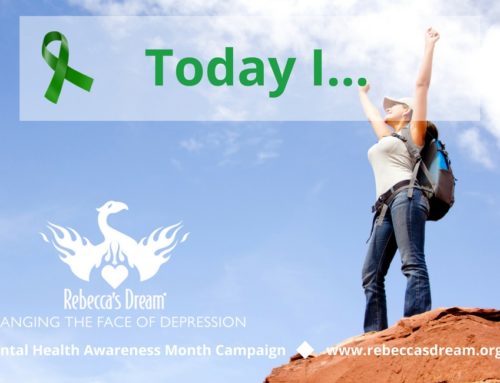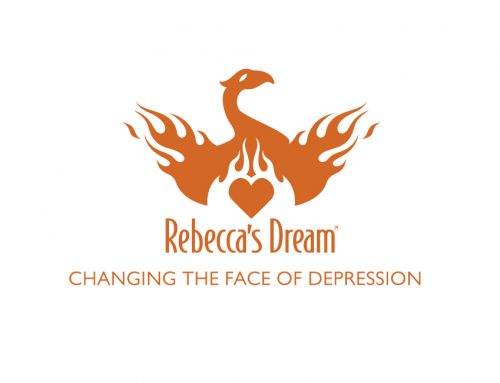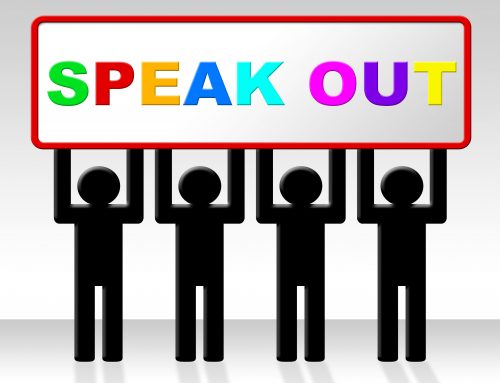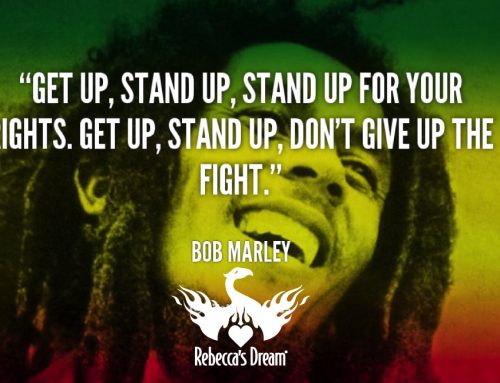Have a happier new year
Making positive changes at the start of a new year doesn’t have to be about the numbers on the scale or hitting the gym. This year, why not make an effort to enhance your mental wellbeing?
The new year is an opportunity to hit the refresh button on your body, mind, and spirit.
Have a happier new year
Making positive changes at the start of a new year doesn’t have to be about the numbers on the scale or hitting the gym. This year, why not make an effort to enhance your mental wellbeing?
Not sure where to start? “New Year’s resolutions are very black and white: I’ve either kept them or I haven’t,” says Ronit Levy, PsyD, clinical director of the Bucks County Anxiety Center in Newtown, Pennsylvania. That’s because many of us just give up when we “fall off the wagon.” Instead, set realistic goals that you can work on throughout the year, Dr. Levy says. Realize that things won’t go well all the time, but you can make progress if you have a long-term plan. You’ll avoid the mental defeat that can occur when we don’t stick to what we’ve resolved to do.
Feed your mind
Scientists have discovered an important link between gut health and mental health. Ninety percent of serotonin–a key chemical messenger in the brain–is produced in the gut, Dr. Levy notes. It’s thought that reducing inflammation in the digestive tract can help your body produce more of this chemical, which plays a role in mood, appetite, and sleep. (In fact, people with depression often have lower-than-normal serotonin levels, says the National Institute of Mental Health.)
Resolve to: Cut back on processed foods. Add an extra piece of fruit to your daily diet.
Keep moving
Thirty minutes of moderate exercise a day at least five days a week: That’s the advice for keeping your heart in tip-top shape. But it’s also a fabulous mood-booster.
Even as little as an hour of exercise a week can reduce future risk of depression, according to a recent study in the American Journal of Psychiatry.
“Exercise increases blood flow in the brain,” Dr. Levy explains, and that, in turn, boosts both production and availability of brain chemicals called neurotransmitters. ”The more neurotransmitters we have, the better we feel.” Bonus: Exercise happens to be one of the quickest ways to relieve stress, she adds.
Resolve to: Walk around the house or office more often. Take the stairs, not the elevator.
Get plenty of shut-eye
Sleep is for the mentally and physically robust! We use that downtime to rejuvenate and to process information accumulated throughout the day, which helps solidify memories. Sleep deprivation, on the other hand, can make us irritable. People who suffer from insomnia are more likely to experience depression or anxiety than those who are well rested.
“If you are sleep deprived, you can’t manage your mood,” Dr. Levy says. “Even the most basic demands on your life are going to feel harder.”
Resolve to: Wind down 30 minutes before bedtime–sans electronic devices. Aim for seven to nine hours of sleep each night, says the National Sleep Foundation.
Jot down your thoughts
Have a pad and pencil handy. These can be useful tools for your mental wellbeing, especially if your mind is going in circles about something.
Writing down your thoughts can help ease the anxiety you’re feeling, explains Theresa Nguyen, a licensed clinical social worker and vice president of policy and programs at Mental Health America. It can make the tasks swirling around in your mind seem much more manageable. “If I don’t, then it’s just in my head and it’s just overwhelming,” she says.
Resolve to: Utilize to-do lists or keep a journal.
Set clear priorities
Want to avoid unnecessary emotional stress in the new year? It helps to have a plan. “Think about your priorities,” Nguyen says. “They should really be aligned to your values,” she says. Sometimes that means saying “no” to people because your goal is to not overload yourself.
Working toward things that don’t matter to you or take away from your ability to do things that do matter can set you up to experience stress, conflict, anxiety, and even depression, Dr. Levy adds.
Resolve to: Outline your five top priorities–personal, professional, or a mix of both–based on what matters to you most. Make decisions about how to spend your time that align with that list, Dr. Levy suggests.
Carve out “me” time
Thanks to technology that keeps us plugged into work around the clock, political discord, and concerns about money, Americans are as stressed as ever. You don’t want those pressures to snowball. Everyone needs a release valve.
“If you have end-of-year vacation left over, take it,” Nguyen says. Or, if you can’t get away during the holidays, find a way to take some time off early on in the new year.
Resolve to: Take time to meditate, listen to music, or pursue a relaxing hobby.
Seek psychological help
There’s no shame in seeing a mental health professional. And, if you have symptoms of depression or anxiety, there’s no reason to suffer in silence; there are good treatments available. Cognitive behavioral therapy, for example, can help you think about things in a new and more helpful way.
“Depression and anxiety do not go away on their own,” Dr. Levy says. So whether you prefer to see a psychiatrist or a counselor, “go talk to someone about what you’re experiencing.”
Resolve to: Make this the year you go to therapy.
Source: Health.com
Photo: NordWood Themes on Unsplash









